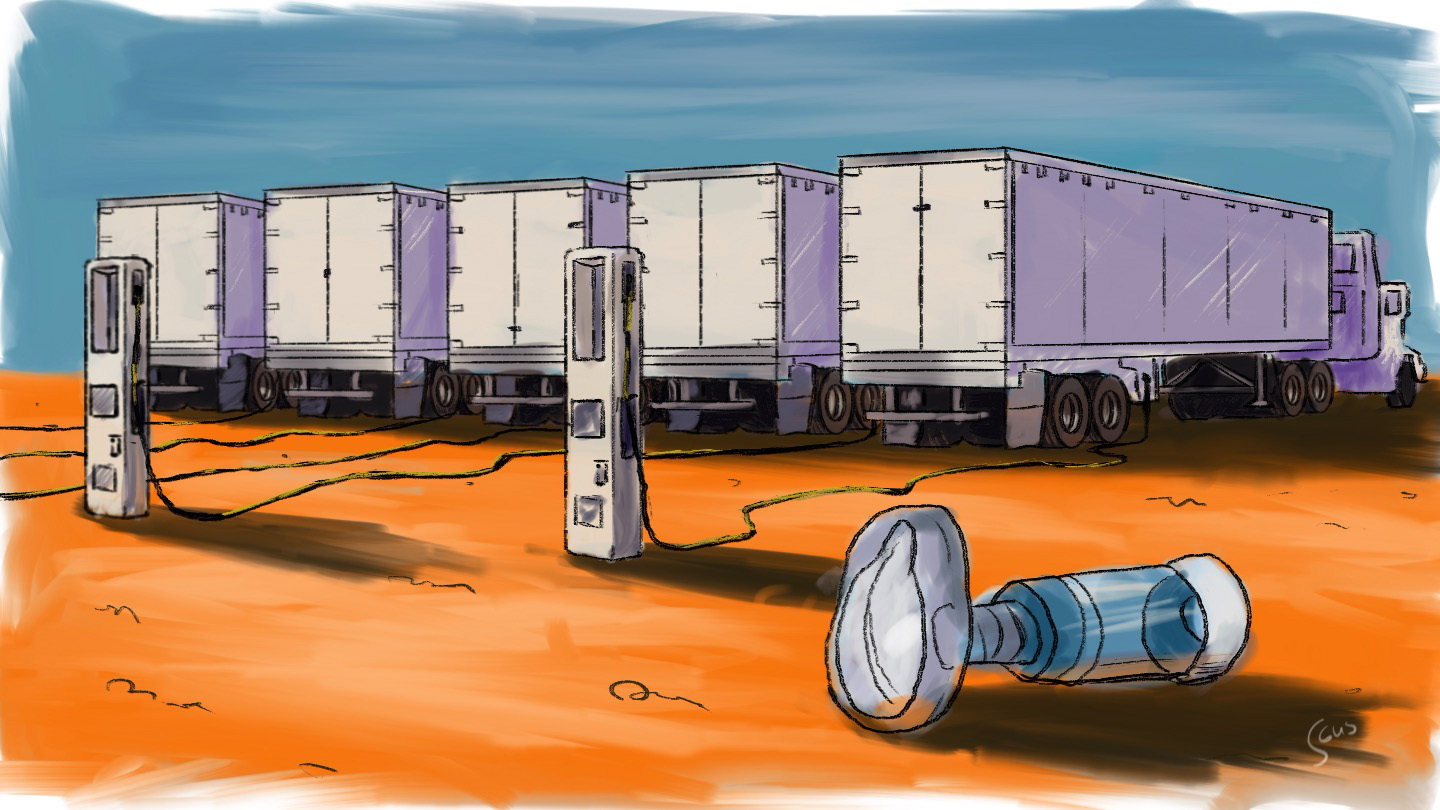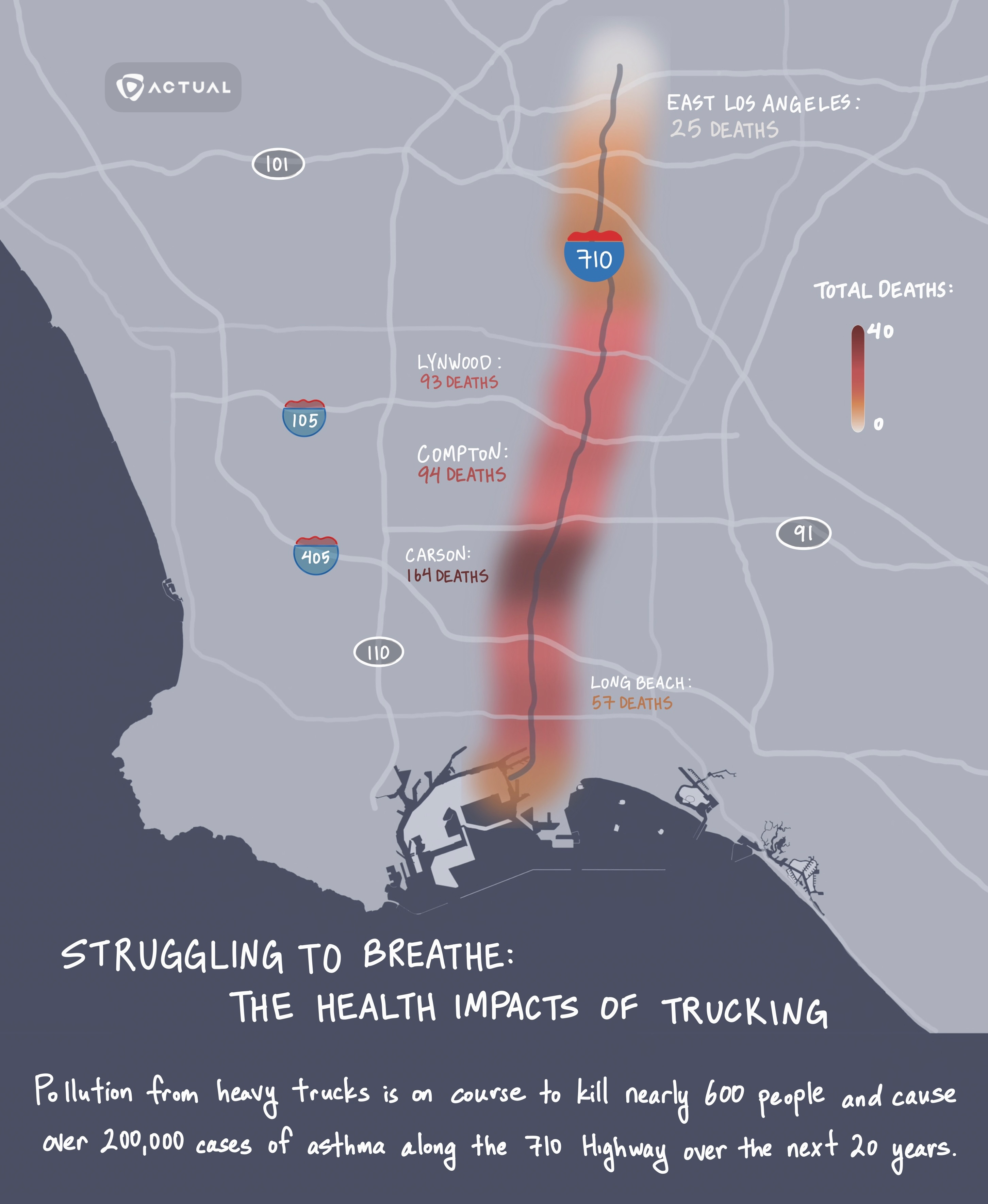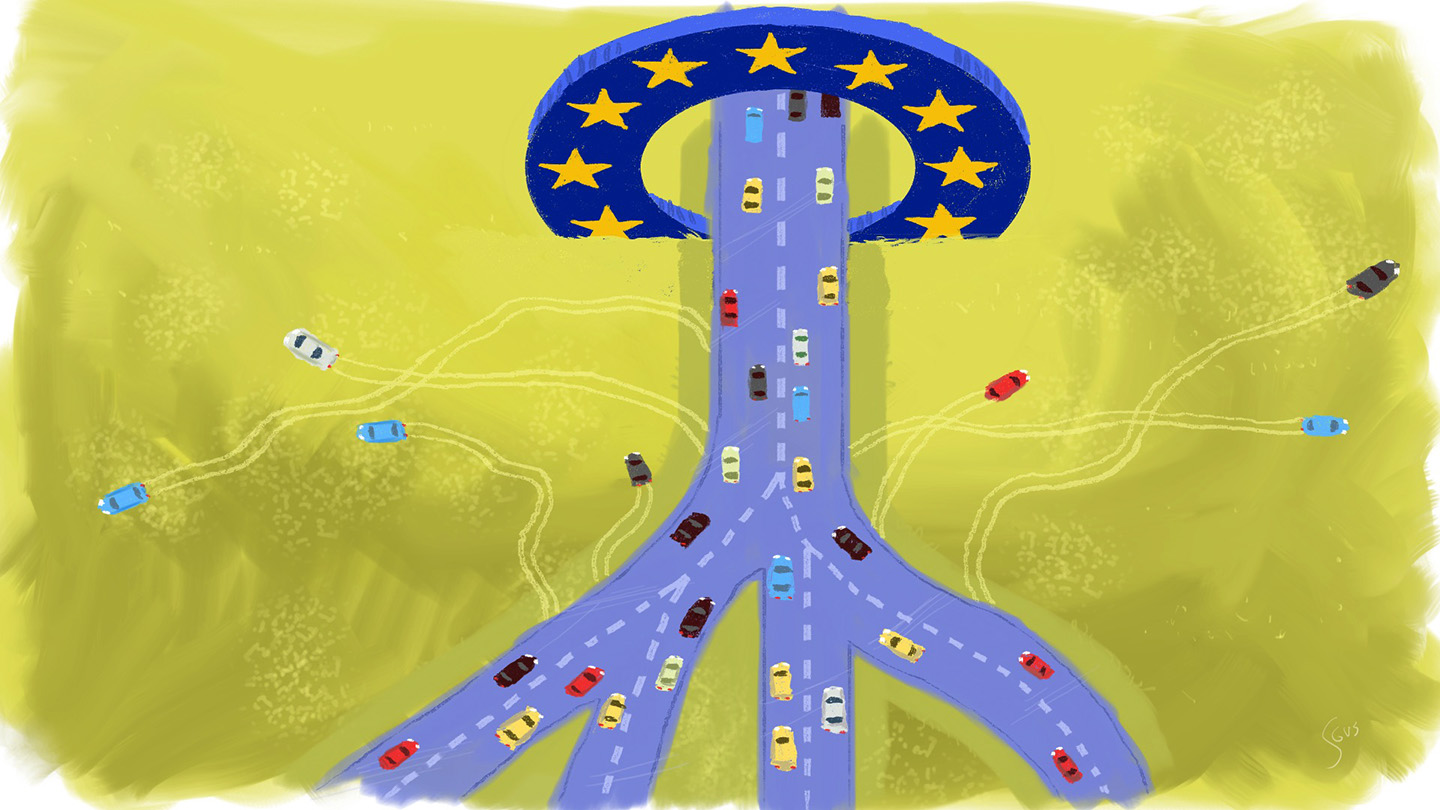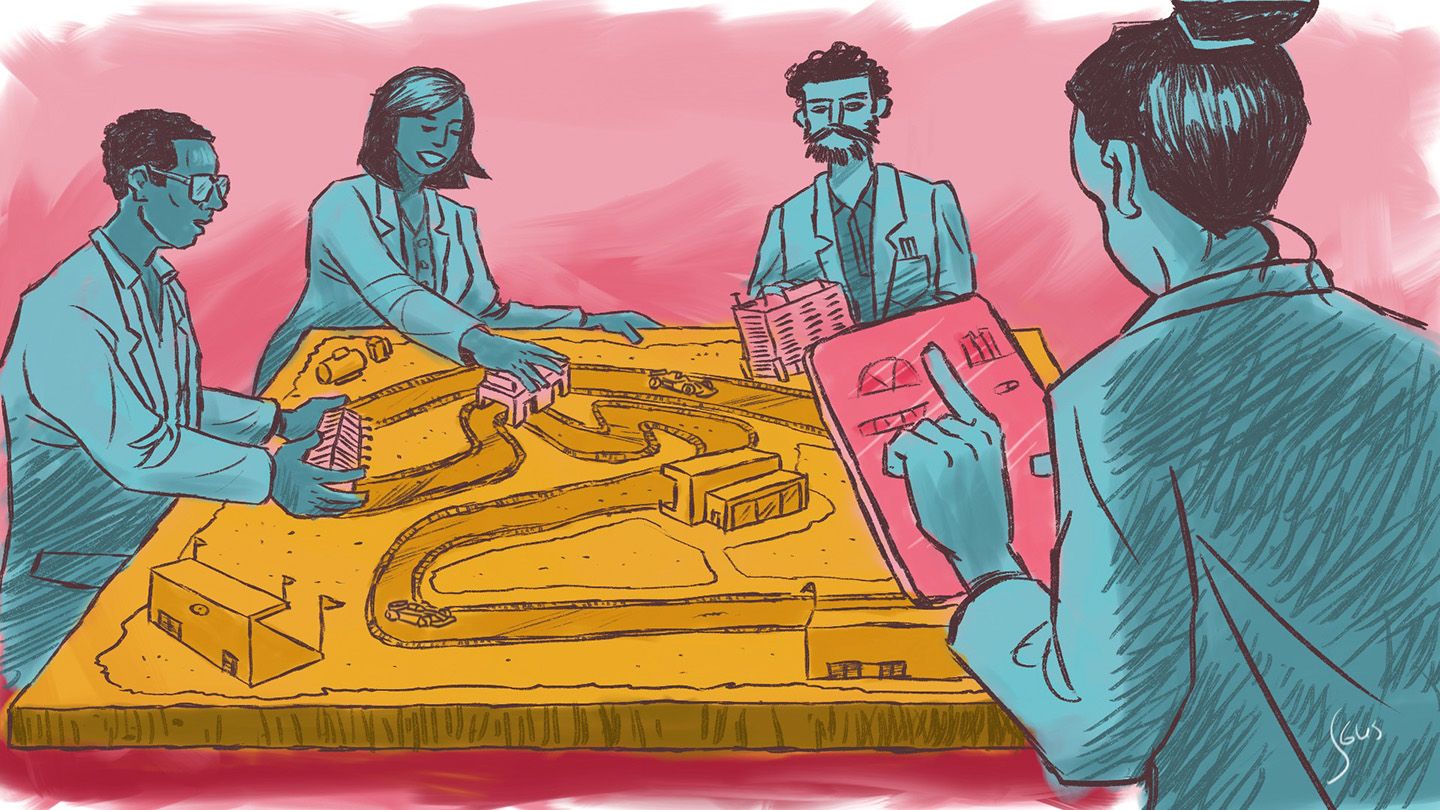
June 09, 2023
Struggling to Breathe: The Health Impacts of Trucking
Decarbonizing truck fleets could reduce the incidence of asthma by nearly 200,000 cases and save close to 600 lives along the 710 Freeway in Los Angeles over the next 20 years. The improvement of people’s health is a crucial but often overlooked benefit of a sustainable transition.
Investing in zero-carbon trucking can achieve an IRR of 20-30%, reduces GHG emissions, and saves lives. How does this affect you?
Warehouse operators must invest in low-carbon fueling (EV charging and green hydrogen dispensers), enabling customers to meet their net-zero supply chain commitments.
Utilities will need to invest in additional power generation and distribution to enable the high loads needed to charge electric trucks and create solutions to cost-effectively distribute fuel for hydrogen-powered trucks.
Trucking companies can achieve superior ROI while meeting the decarbonization mandates of customers and governments, which require a full transition to zero-emissions vehicles.
City and state policymakers must continue to push for firm governing rules that enable and incentivize this transition.

Graph: Data Analysis by Actual. Source: Data by 2021 AADT and research by Assessing the health impacts of electric vehicles through air pollution in the United States. Depicted area covers health impacts focused on the 710 highway.
Between 15-20,000 large 5-axle trucks drive along I-710 daily. As illustrated above, people living along the highway face severe health impacts. Due to affordability and intentional highway design, these areas tend to have higher population densities and historically low-income residents.
Carson, Compton, and Lynwood v. La Cañada
Race. Nearly 80% of residents in Carson, Compton, and Lynwood, cities that are most impacted by negative health impacts, identify as Hispanic or African American. In La Cañada, less affected by pollution, 60% of residents identify as White.
Average income. The median individual income in La Cañada is about $75,000, which is three to four times greater than the median individual income in cities along the 710, which ranges from $24,000 to $32,000.
Poverty Line. Between 10-20% of the population of Carson, Compton, and Lynwood are living in poverty, compared to only 3% of La Cañada’s population.
Trucking and the movement of goods are essential for our economy, but gas and diesel powered trucks are responsible for significant negative health impacts. But there is a solution: the decarbonization of this industry.
Decarbonize the transportation sector. California recently passed a law banning the sale of diesel trucks by 2036. The IRA provides up to $40,000 in tax credit when purchasing clean commercial vehicles.
Electrify warehouses. Collaborate with local utility companies to find opportunities to produce and store renewable energy and green hydrogen. The IRA provides both investment and production tax credits for clean energy, and tax incentives for electric charging networks, and also up to $3 for every kilogram of green hydrogen produced.
Community Engagement. New technology provides opportunities to meet community needs and accelerate sustainable transitions, as communities have long raised concerns about the health and economic impacts of large-scale projects. It is important that decision makers clearly communicate the plans and benefits in order to efficiently and collaboratively speed up the process.
We have a chance to save 600 lives, so let’s start now.
More recent newsletters
April 25, 2024
ACTUAL
Catalonia, Spain, has recently declared a drought emergency as reservoirs plunge to critically low levels at just 15% of full...
April 11, 2024
ACTUAL
The automotive industry has been undergoing a drastic transformation, transitioning from combustion engine vehicles to include EVs, hybrid engines, and...
March 21, 2024
ACTUAL
The thrilling races of Formula 1 are powered by behind-the-scenes innovation, where even the slightest tweaks in aerodynamics or engine...


